During the summers of 2005 and 2006, the Conservation Council of Ontario ran a successful "Closed Doors" campaign to educate retail businesses on this matter. It was endorsed by the City of Toronto, Enbridge and a host of other well-established corporations with ties to the energy business. Posters were produced that say "Come in, we're open. Our doors are closed to conserve energy." Some stores (those that are approached) put them in their windows and closed the doors when the AC is running. This saves them money and prevents unnecessary energy waste in the heat of summer during peak energy use.
This summer Mr. Winters did not apply for provincial funding to continue the campaign. Students Against Climate Change members took it upon themselves to perpetuate this much-needed campaign by visiting a number of stores in the downtown core of Toronto. To date we've gone to: 1. Queen St. East, 2. Bloor & Yonge area and 3. Elginton & Yonge area. We also managed to do a Global TV spot to highlight the issue.
The reception from businesses was for the most part positive. About 5 to 10% of the businesses had their doors open and in these cases store managers did not typically close them, but chose to defer the decision to corporate headquarters. We are writing to those businesses urging them to close the doors. As there is currently no law against keeping doors open, compliance with our request is on a voluntary basis. From our perspective, this is problematic.
The entire problem of doors open while the AC is running could be avoided if there were bylaws forcing stores to comply (and of course enforcement of said bylaws). For example, here is an excellent letter to NOW magazine that makes the point:
Despite the city's requests to con serve electricity and reduce pollution, many stores continue to operate their air conditioning while keeping their doors wide open. We've tried talking to store employees and writing letters to corporate HQs. Some corporations, like the Gap, have been surprisingly responsive. Others deny there's a problem, make repeated but empty promises to change or worry that sales will be hurt. Why do we continue to subsidize electricity costs for users who neglect the public good? Can we implement a bylaw requiring stores to keep their doors closed while using heating or air conditioning? - Michael Cheng, Toronto. Source: Now magazine letter
Incredibly, the Conservation Council of Ontario (run by Mr. Chris Winters) disagrees with this position! This is their reasoning in their own words:
"Numerous reporters asked us about pricing and regulating doors closed. We are emphasizing a voluntary approach that promotes a deep-rooted cultural value that as opposed to a by-law or similar regulation. However, we do recognize that voluntary programs like Doors Closed need to be supported by peak pricing. Smart meters and peak power pricing for medium and larger stores and restaurants would help reinforce the message that air-conditioning the great outdoors is a waste we can all ill-afford!" Source: OCC report
SACC agrees with Mr. Cheng and respectfully disagrees with Mr. Winters on this matter, for the following reason: voluntary compliance does not work. First of all, there is no group of people going around asking for compliance. The CCO is not doing this campaign anymore. This summer SACC did some work on this on a volunteer basis but it was sporadic at best. Hundreds of stores in Toronto and other cities of Ontario still have doors open, wasting massive amount of power unnecessarily. Who is going to visit them? No one. Secondly, in cases where stores do not comply, should this non-compliance really be permitted? How do we handle those cases? If there were a viable activist movement to stage boycotts this voluntary position would make more sense, but the reality is that some stores will get away with wasting massive amounts of energy. This is just plain wrong. Regulation is the only just, sustainable solution when voluntary compliance doesn't work. And it cannot work when no one is promoting it!
As for the governments' inaction on this matter: how can Ontarians be expected to take the Province's and City's messages to conserve energy seriously when they are deferring to retail businesses in this way? Lack of serious regulation on this issues gives the message that the two levels of government are simply not serious and are voluntarily caving into the unreasonable desire of businesses to use of cheap energy. Governments appear weak in the face of unethical business practices. This is unfair to the public and to businesses who voluntarily conserve. And this lack of backbone is why hydro rates remain low and consumption remains high. When the rates are hight, we find ourselves suffering from high consumption, justifying the continued use of the coal-fired power plants. In this way, lack of regulation is adding to to smog and global warming. We are killing the planet by air conditioning the out of doors because politicians are afraid of business lobbyists. What a sad state of affairs ...
Mr. Winters admits that "voluntary programs need to be supported by peak pricing." Smart meters are a solution, but it could be years before they are installed in all the businesses and there is no guarantee that large stores that don't comply won't really care about the extra cost during peak hours as compared to the sale they get from having the doors open. Unless hydro goes up 4 or 5 times the cost it is now, things will not change. Smart meters represents only a partial solution to this problem.
So why not simply impose a bylaw? What possible logic informs this position of voluntary compliance? Do we ask that drivers voluntarily comply with safety standards on the roads? No, there are laws to enforce those standards. The CCO is a good organization but one that is mistaken on this important point, I believe. I am not interested in criticizing the CCO here so much as wanting to see a solution to the problem once and for all. The health and well-being of Ontarians is at risk because of smog and global warming. It is ridiculous to not enforce some bylaws to protect citizens. Last time I checked we were not living in a libertarian society. Laws and bylaws are a normal part of life in Toronto and Ontario. If we don’t legislate some strong conservation standards it will never happen and smog and global warming will continue unabated.
If you are concerned about this write to your City Councillor and MPP asking that a bylaw be passed that will force businesses to close their doors when AC is running. You can contact your Councillor and MPP's email by going to these sites: City of Toronto councillors and List of Provincial MPPs If you do write, be sure to copy SACC through

























































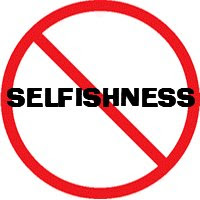



























































































































































































.jpg)





































































































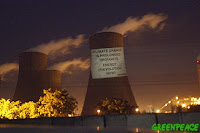































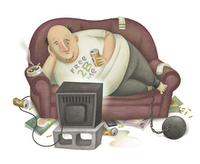



























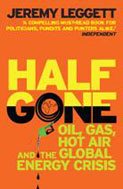












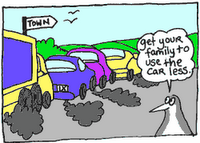


















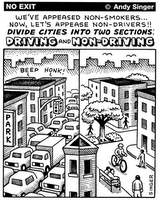












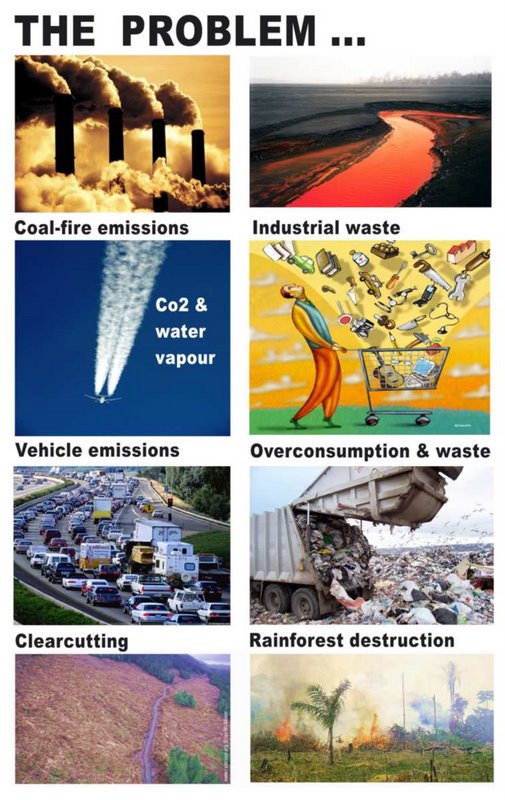

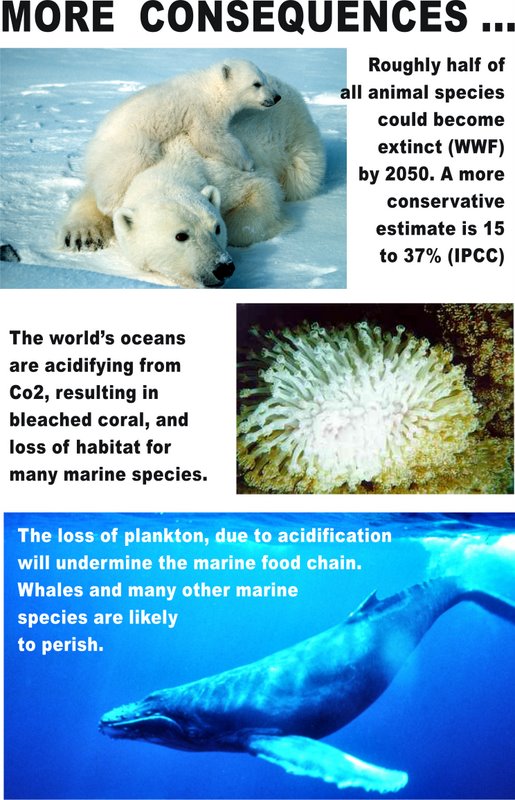











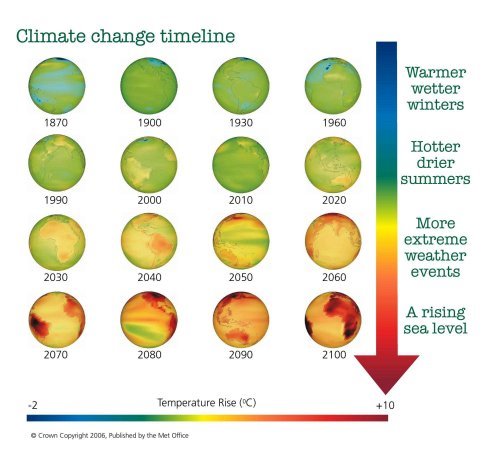




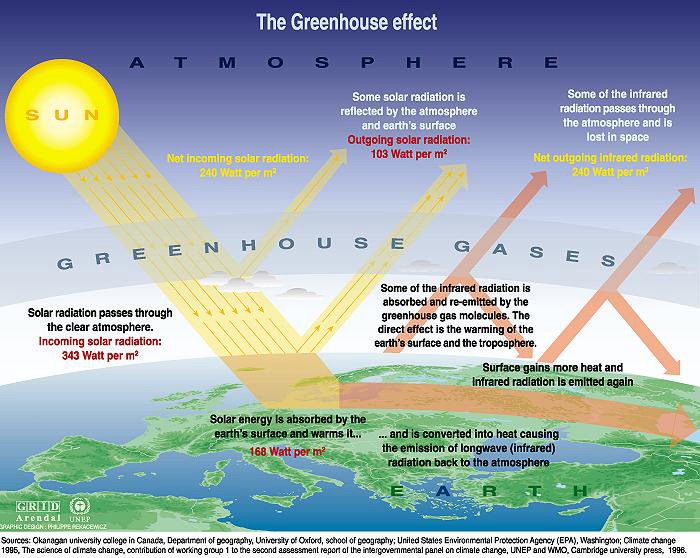


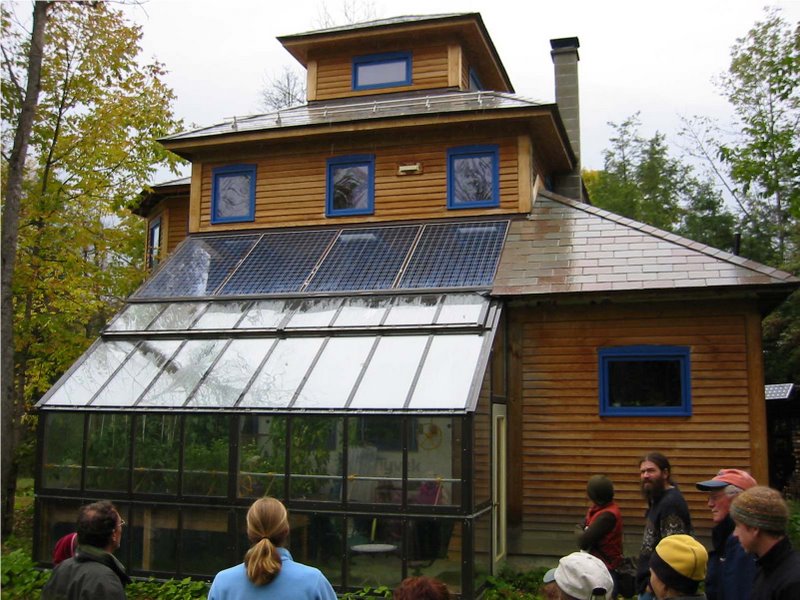






1 comment:
Hi Paul.
I understand your position, and believe me I share your frustration when I see the blatant waste of electricity on a hot summer day.
We chose to make "Doors Closed" a voluntary campaign for two reasons. First, bylaws are tough to enforce (take the anti-idling bylaw for example -- although stores don't drive away and are somewhat easier to lodge a complaint against). Second, we want Canada's retailers to be our allies in conservation, not our enemies. By using a pro-cott approach (as opposed to a boycott) we have been able to bring retail associations and even some chains into the conservation movement.
We chose not to run the campaign this past year in order to focus on moving the We Conserve campaign to the next level. You can find our five year plan on www.weconserve.ca
Keep up the great work!
Post a Comment